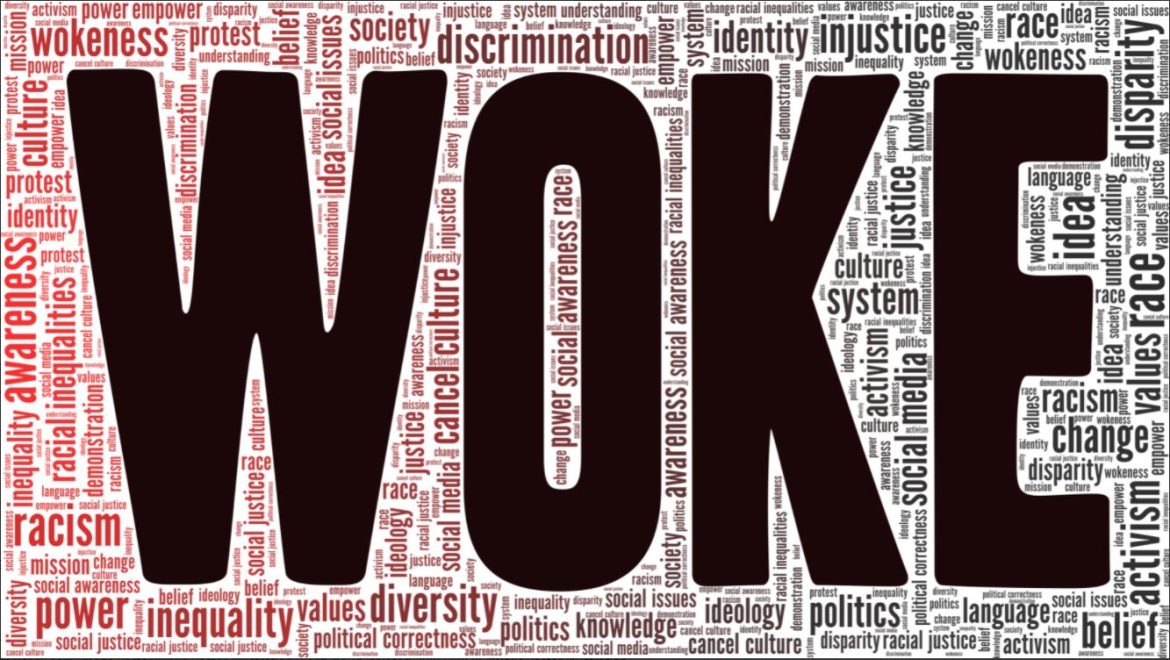In recent years, the term “woke” has permeated American discourse, often representing a cultural shift towards heightened social consciousness. Originally laudable for its focus on social justice and equality, “wokeness” has evolved—or, some argue, devolved—into a movement that, according to its critics, often prioritizes ideological purity over practical outcomes, leading to societal divisions rather than unity. Here’s how conservatives suggest a recalibration of modern liberalism to foster a more inclusive and productive societal dialogue.
Understanding the Impact of Wokeness on Society
Wokeness, initially a call to awareness about social injustices, has, according to critics, morphed into a counterproductive cultural force. It’s accused of fostering an environment where dialogue is stifled, and dissenting views are too quickly dismissed as inherently wrong or oppressive. This approach, some argue, undermines the foundational American principles of free speech and thought, creating an echo chamber rather than a marketplace of ideas.
Bridging the Ideological Divide: Strategies for Engagement
- Promoting Open Dialogues: Encouraging conversations that bridge ideological divides without the fear of retribution is crucial. Workshops, debates, and forums where ideas can be freely exchanged and challenged could help demystify opposing viewpoints and foster mutual respect.
- Emphasizing Common Goals: Focusing on common objectives rather than ideological differences could help unify diverse groups. Whether it’s improving education, reducing poverty, or ensuring public safety, highlighting shared goals can pave the way for cooperative efforts and reduce partisan bitterness.
- Educating on the Full Spectrum of Views: An educational approach that encompasses a broad spectrum of political and cultural perspectives can foster greater understanding. This includes revising educational curriculums to include diverse political thoughts and the consequences of different political theories historically and in contemporary settings.
- Highlighting the Consequences of Extremism: Drawing attention to real-world examples where extreme wokeness has had detrimental effects—such as compelled speech, canceled careers, or poorly implemented policies—could help awaken some liberals to the potential negative outcomes of their actions.
- Encouraging Individual Thinking: Promoting critical thinking skills and encouraging individuals to question and analyze rather than passively accept prevailing narratives can lead to more informed decision-making across the political spectrum.
- Supporting Liberal Voices for Reform: Amplifying the voices within the liberal camp that advocate for a more balanced approach to social justice can help reform the movement from within. Liberals who recognize the pitfalls of extreme wokeness can be instrumental in steering the discourse towards more constructive avenues.
Fostering a Culture of Cooperation
The goal of recalibrating the approach to wokeness should not be to quash the liberal agenda but to refine it to ensure it truly contributes to societal betterment without infringing on free discourse. By fostering an environment where ideas can be discussed openly and policies are evaluated on their merits, society can avoid the pitfalls of extremism and work towards genuine equality and justice. Engaging with the argument thoughtfully and respectfully is essential for anyone concerned about the impact of wokeness on American society.

